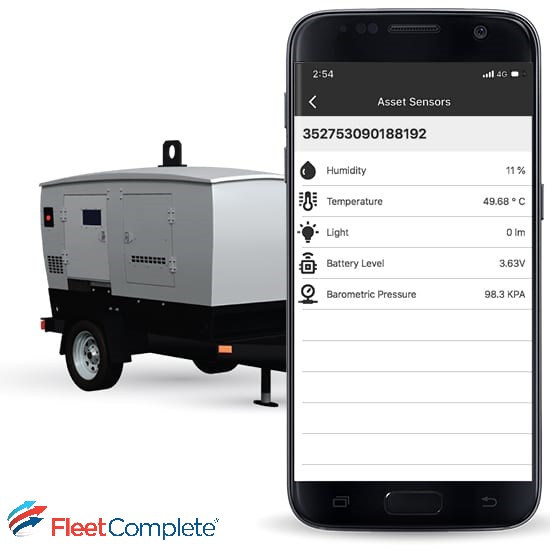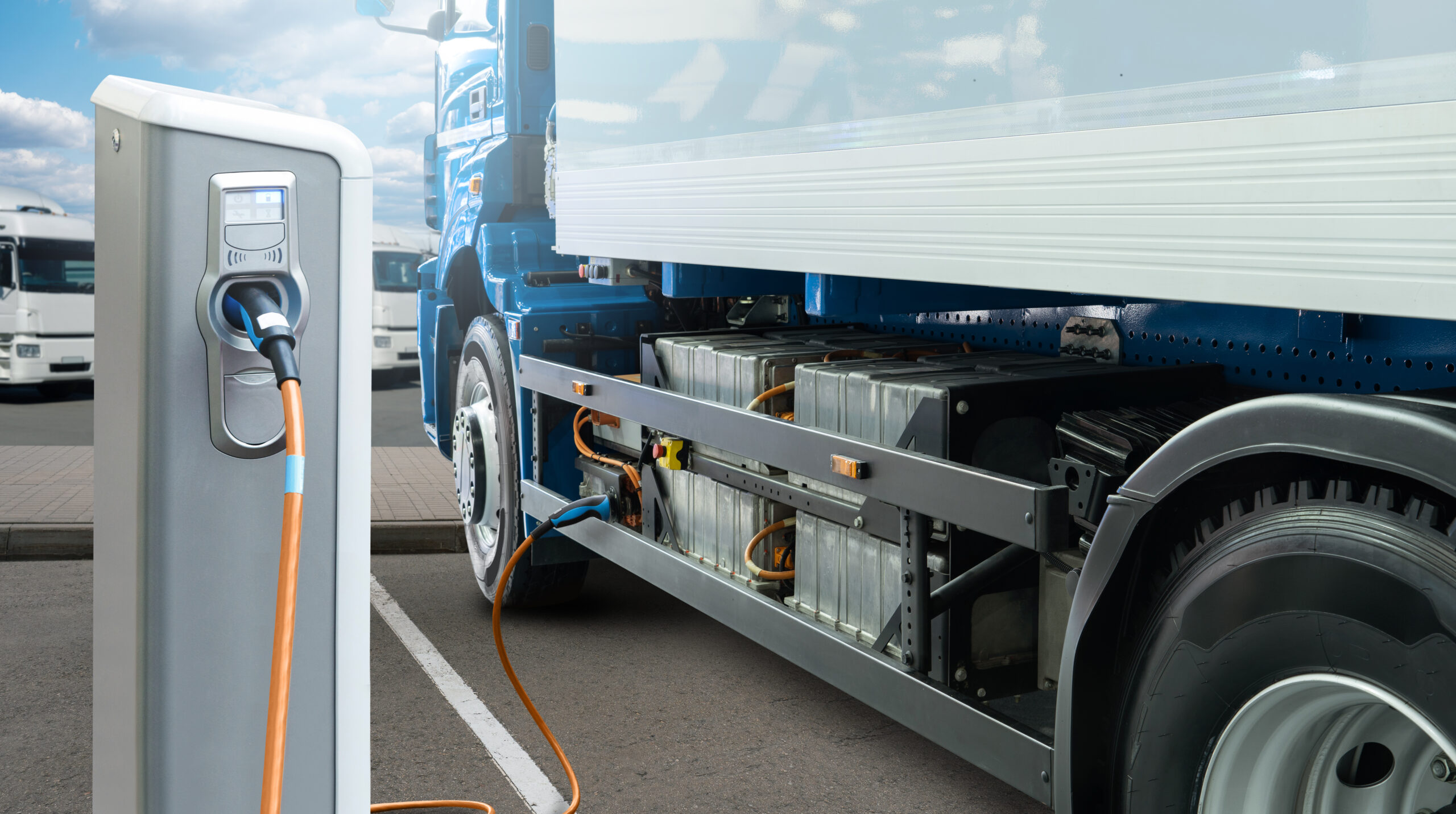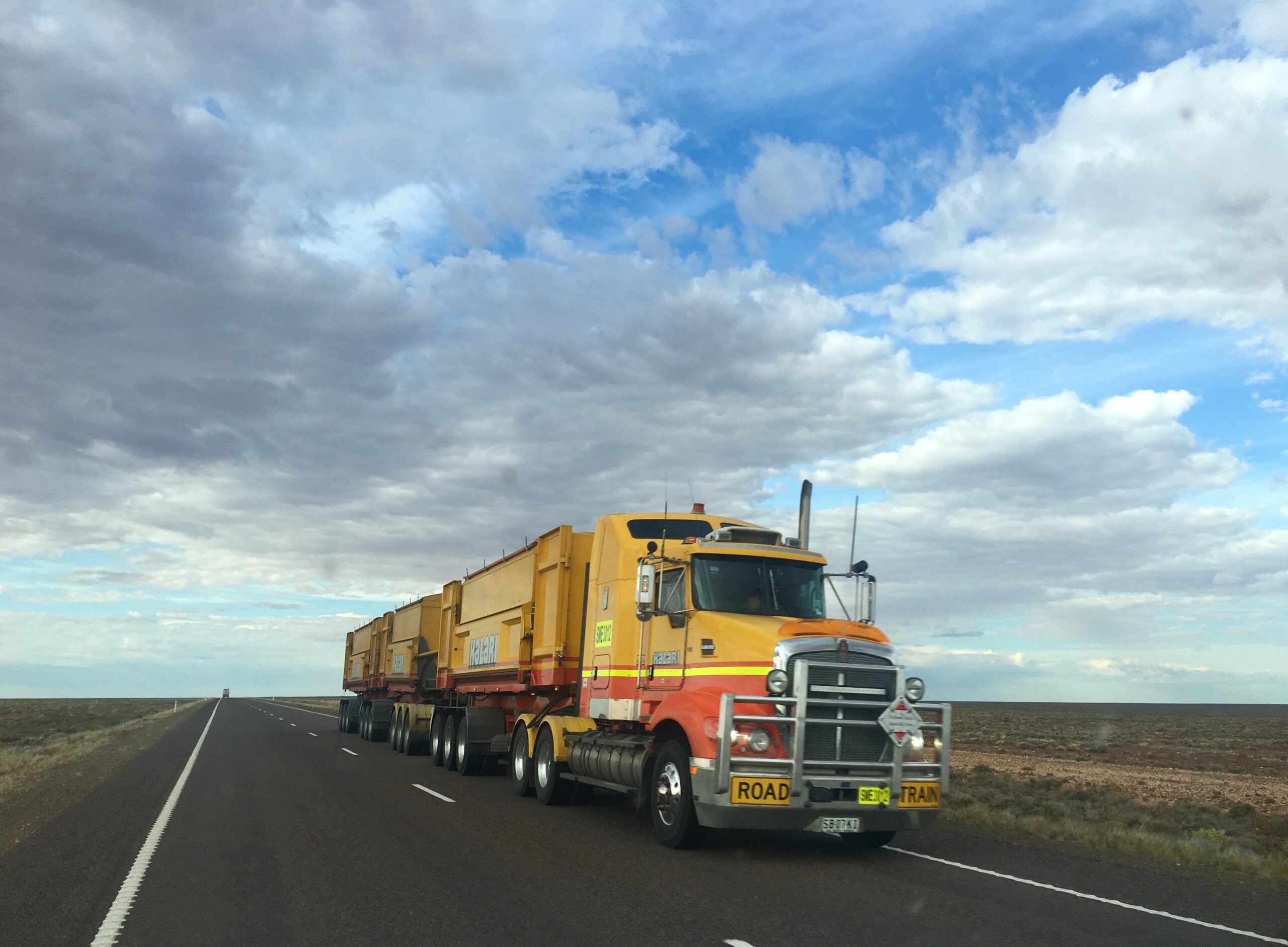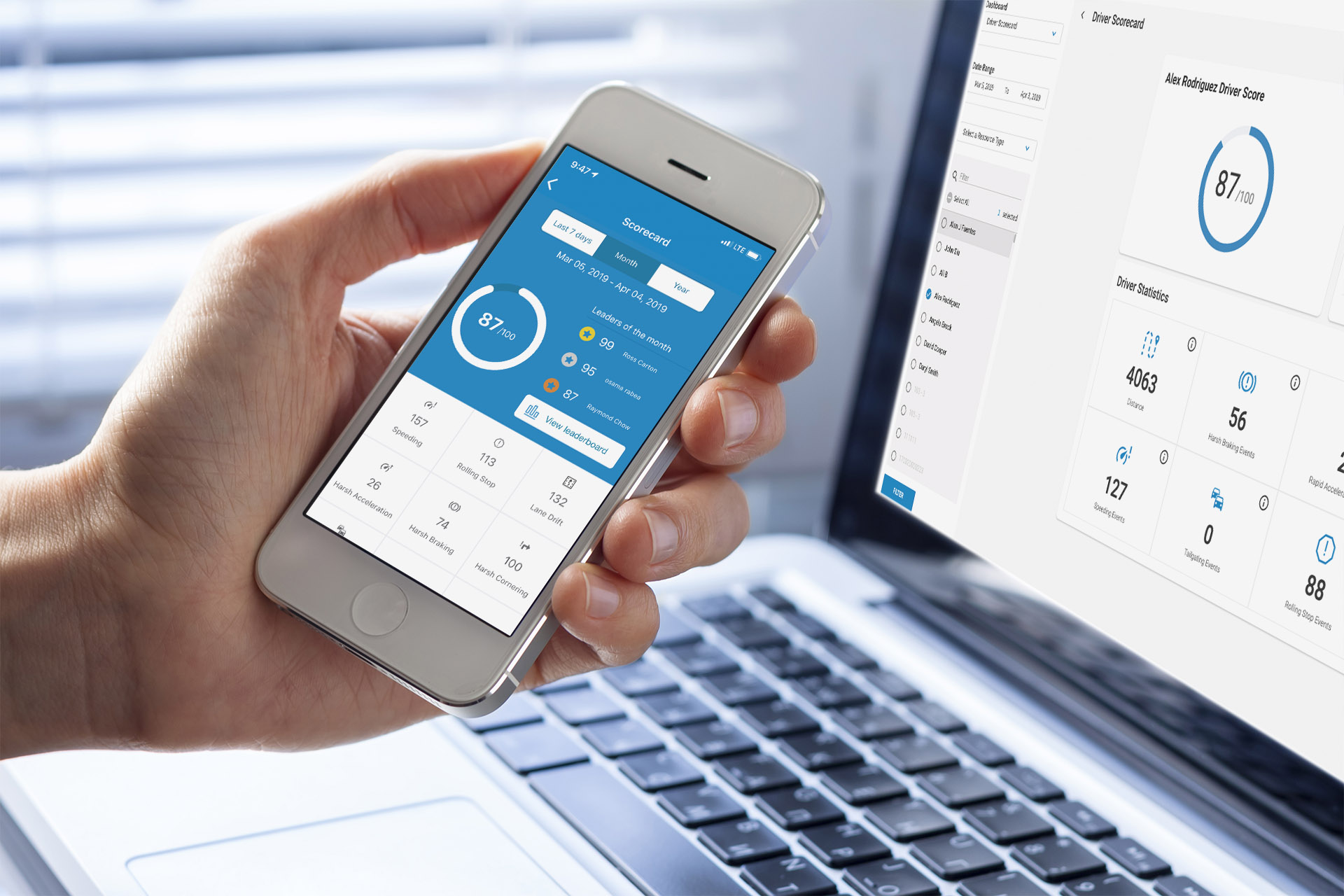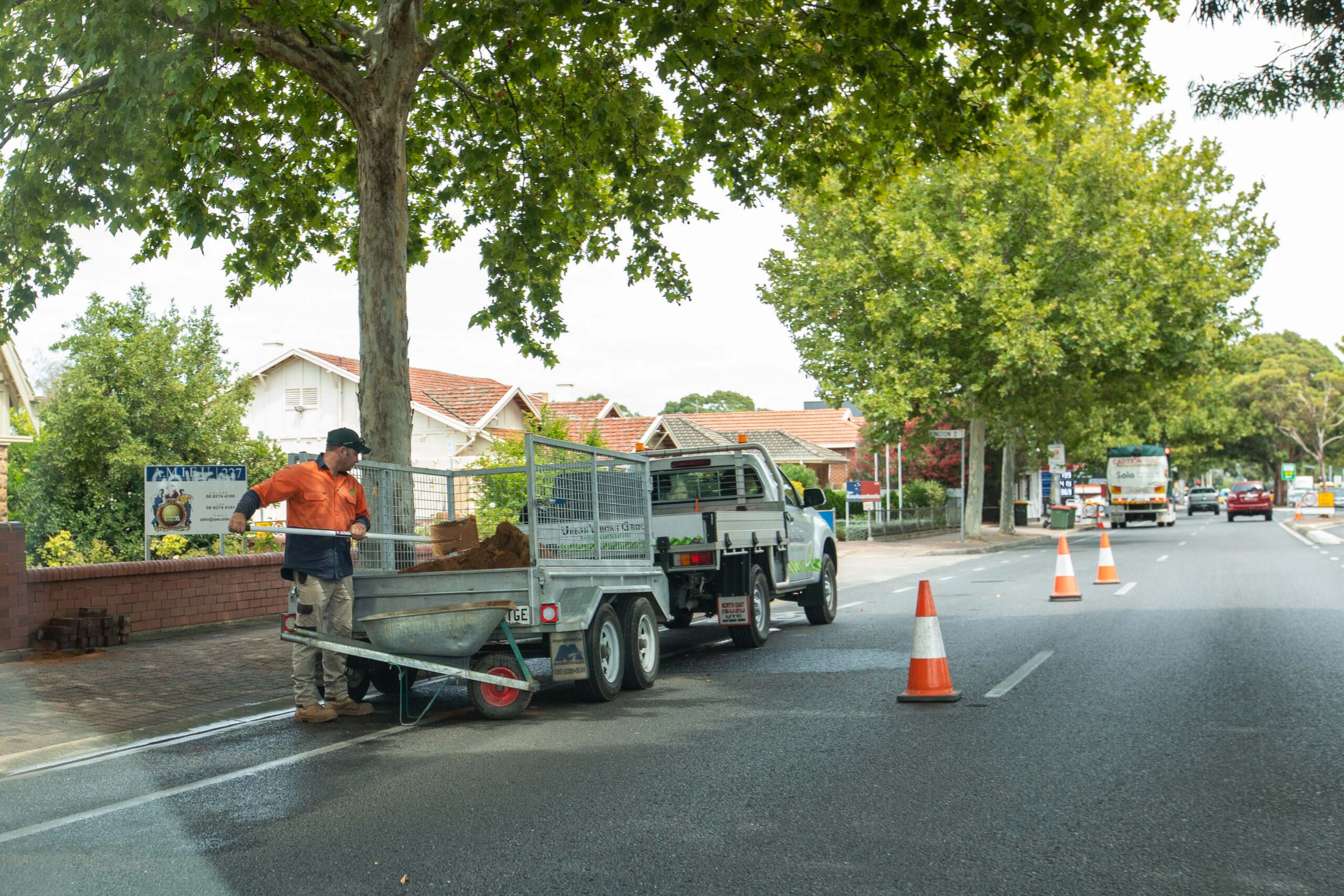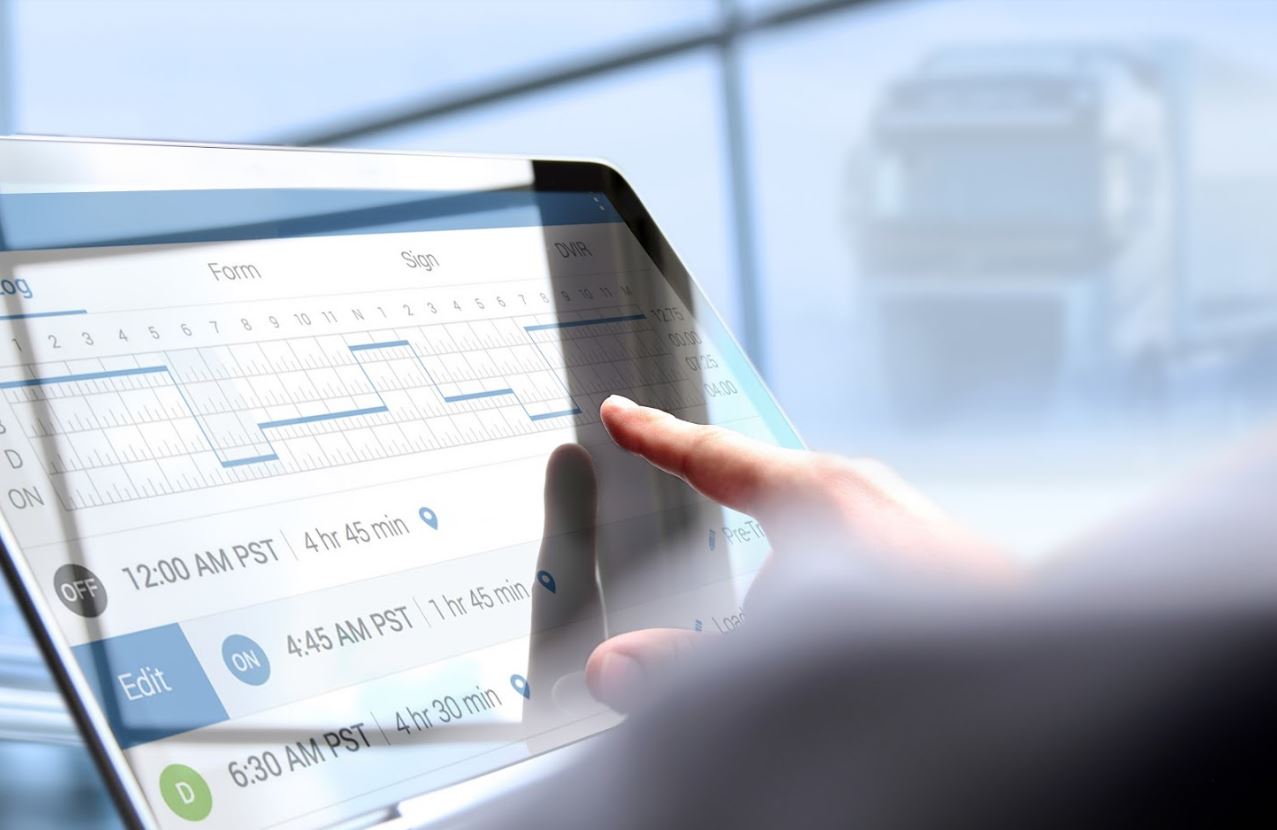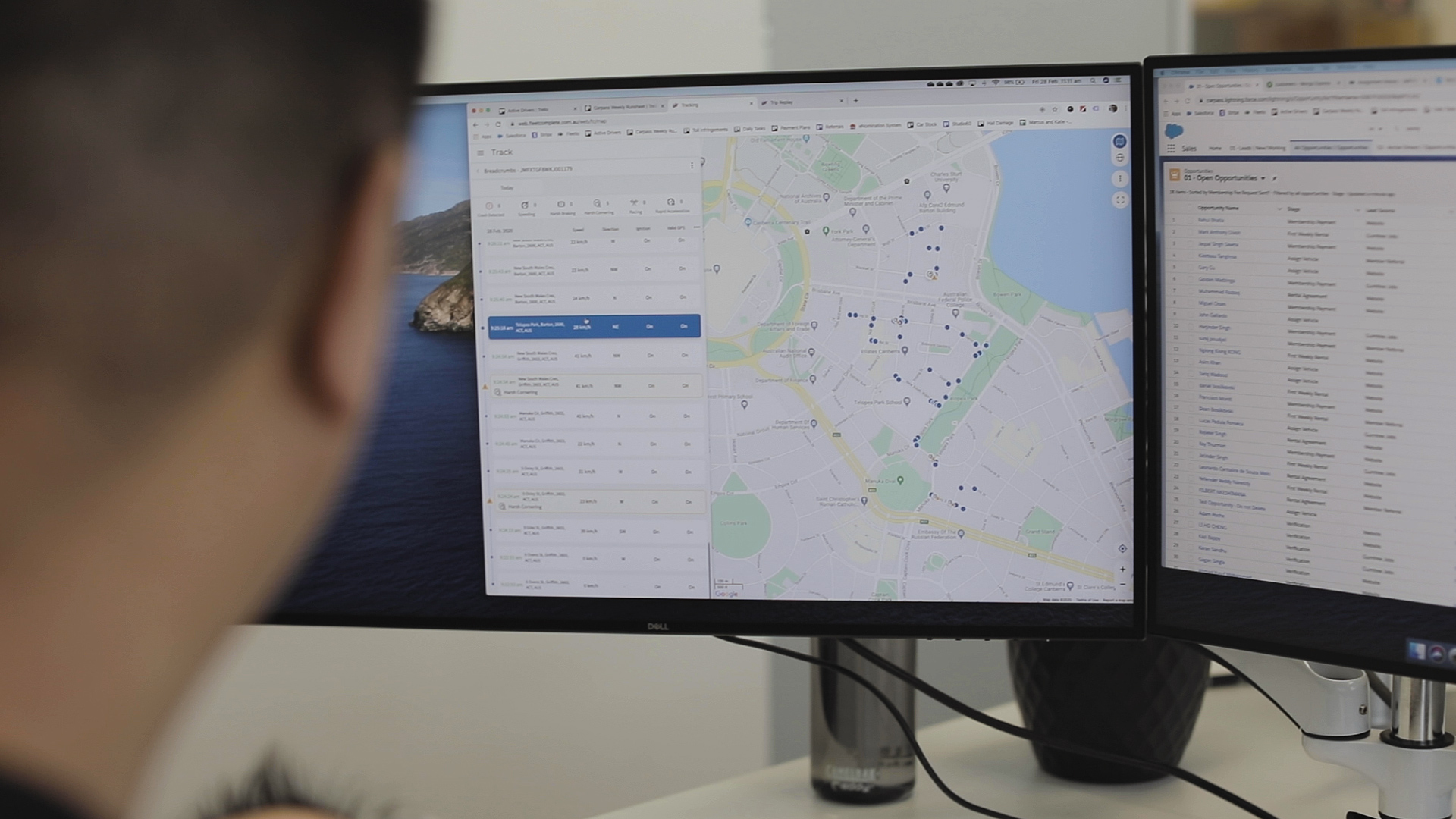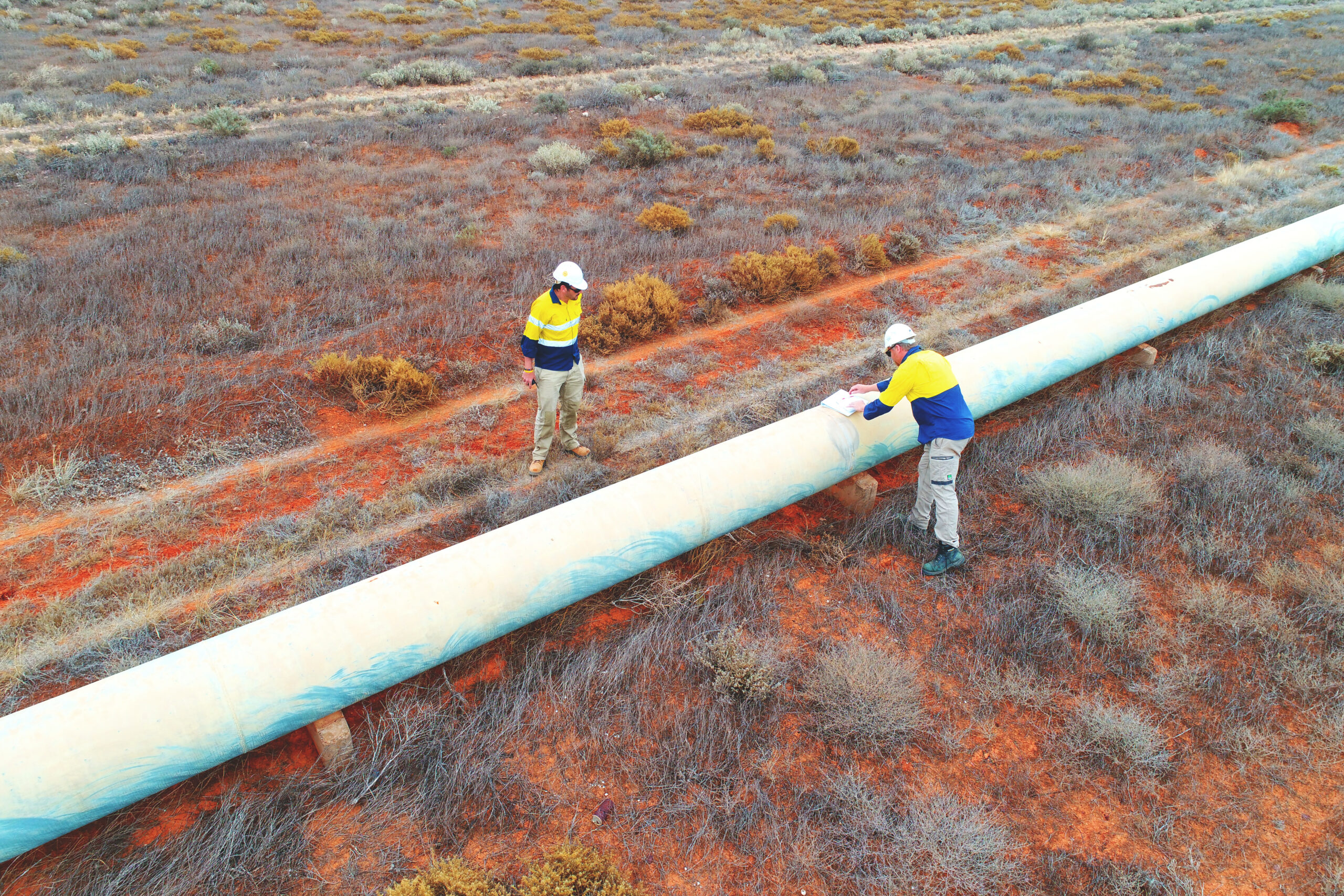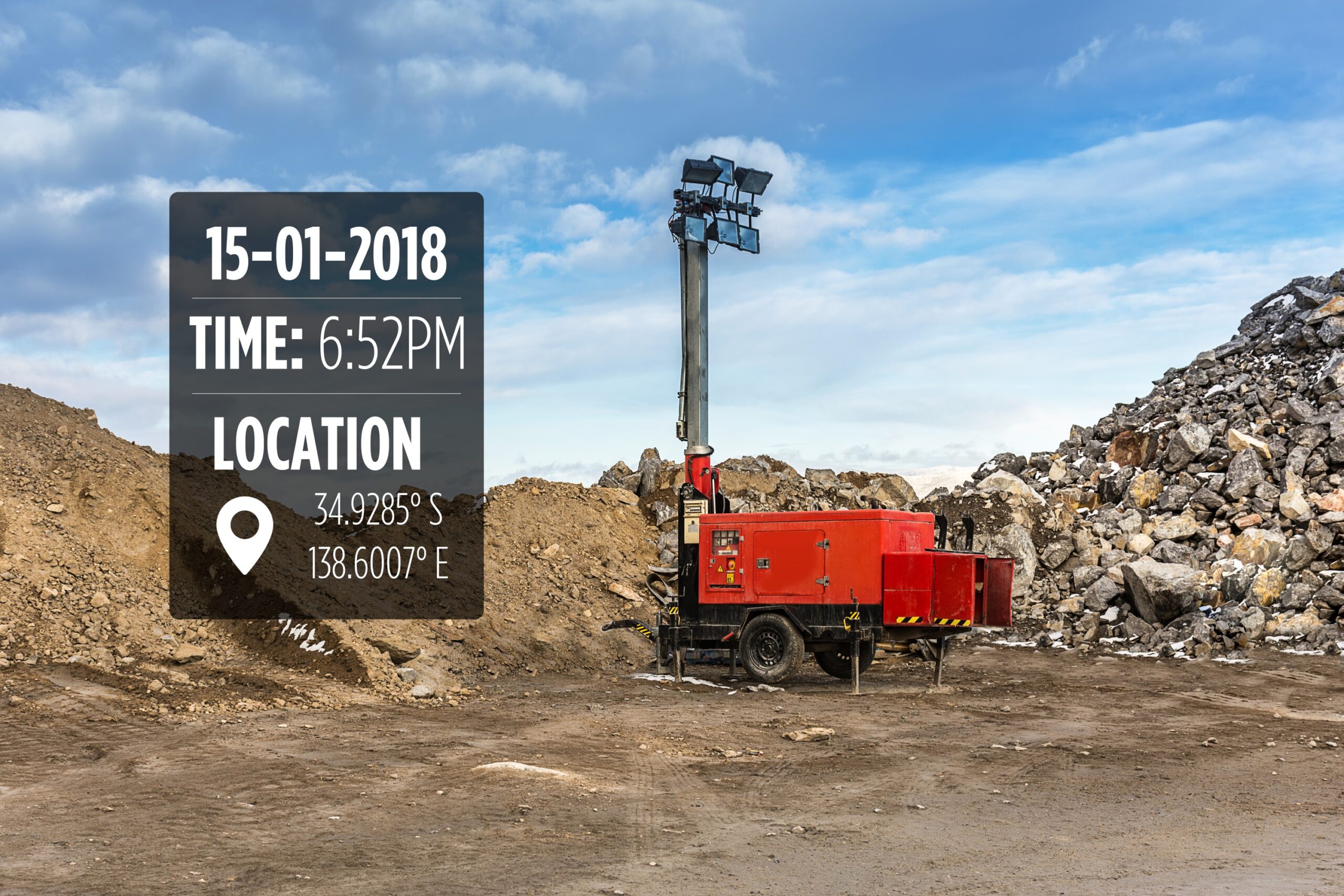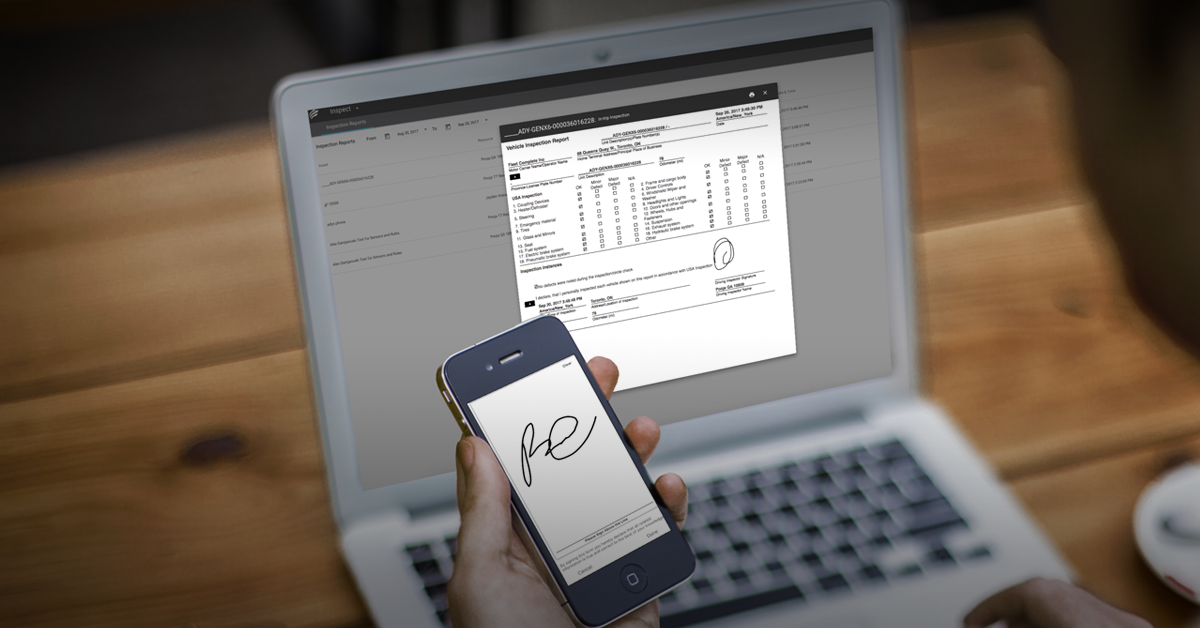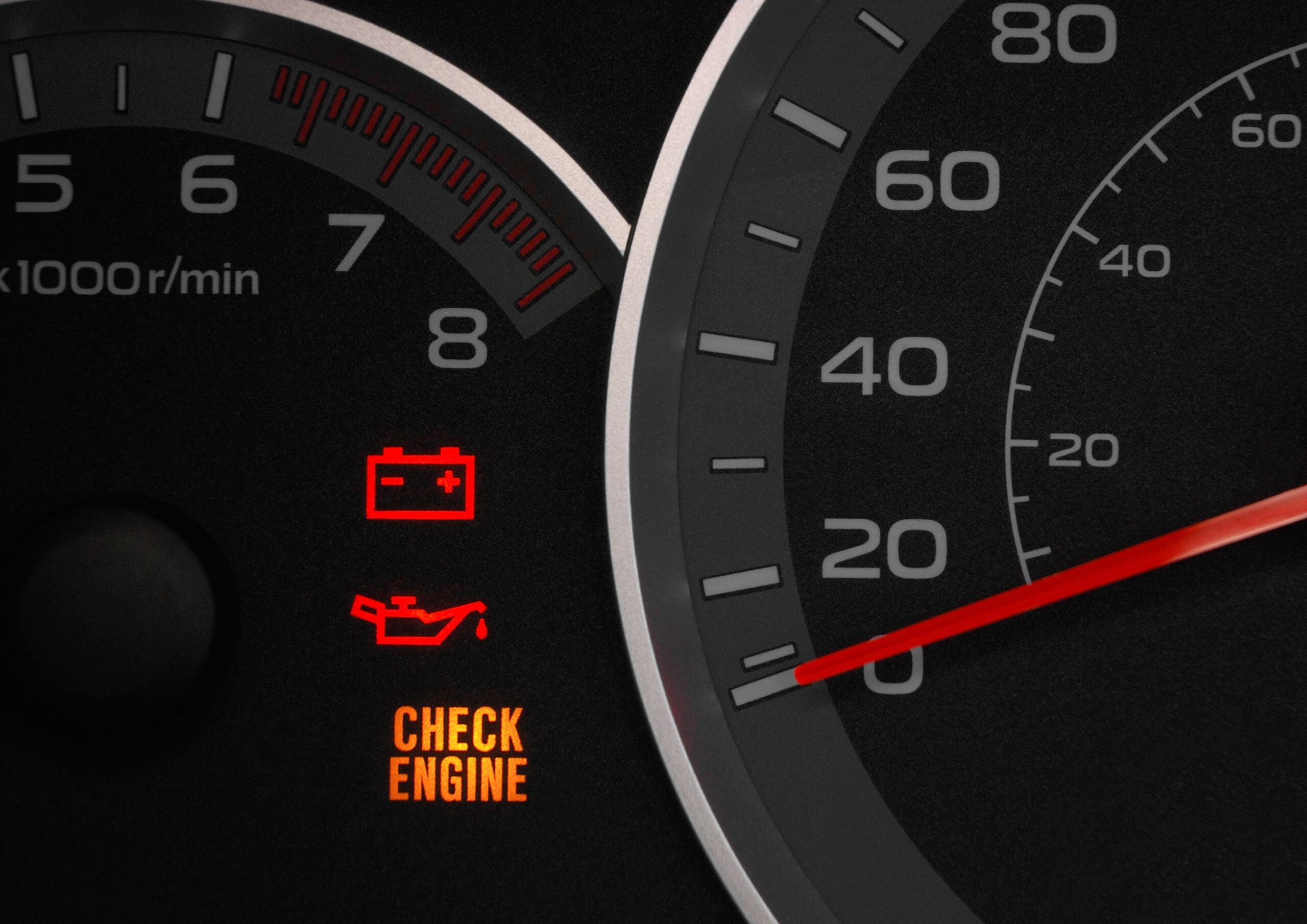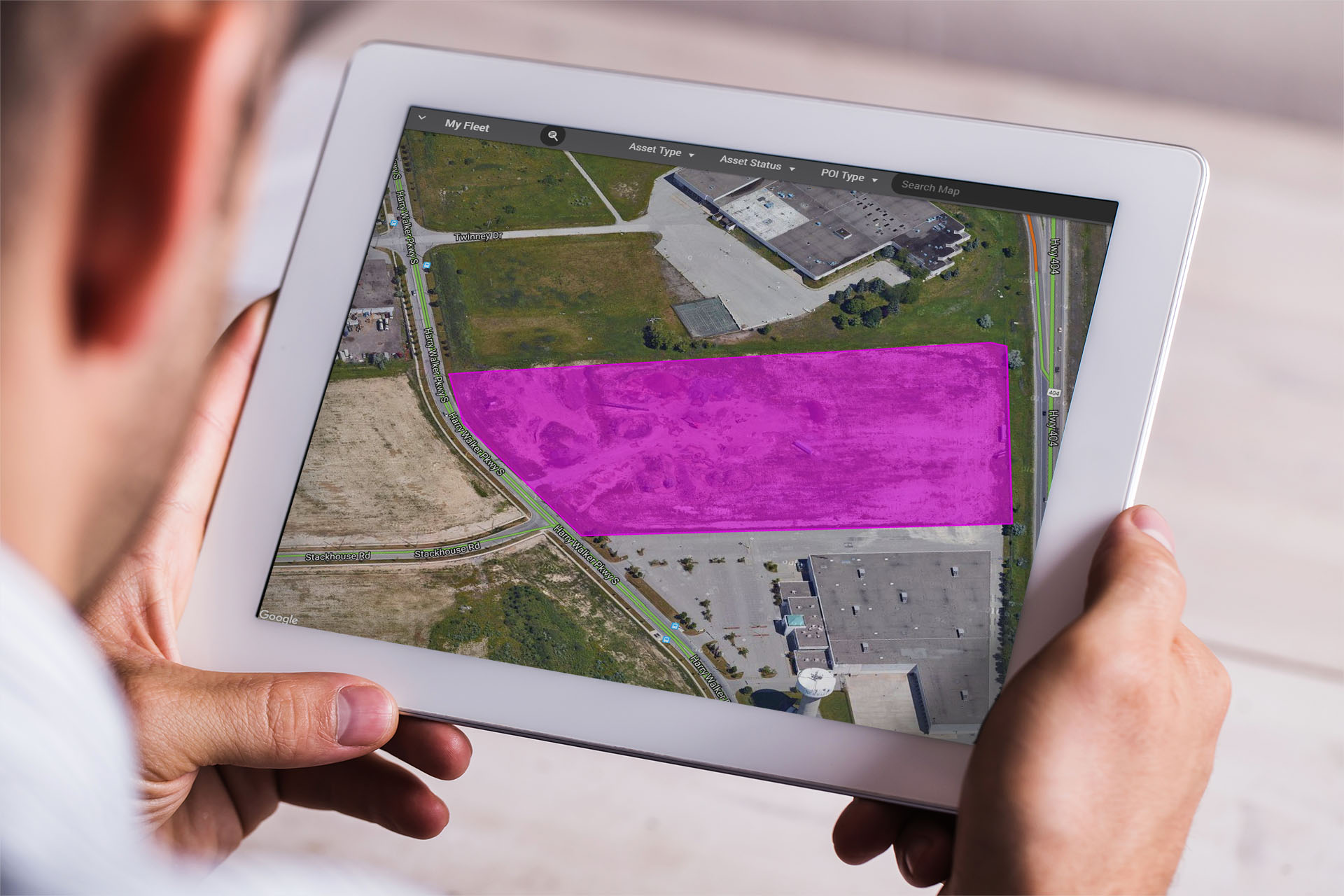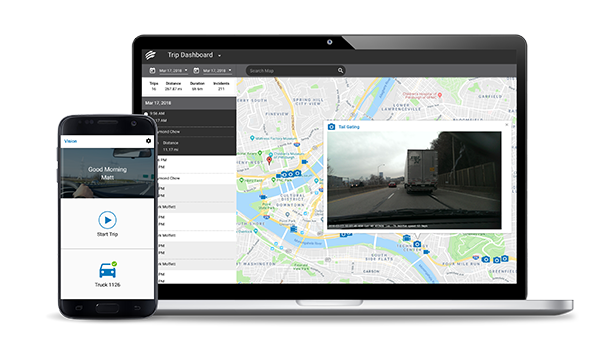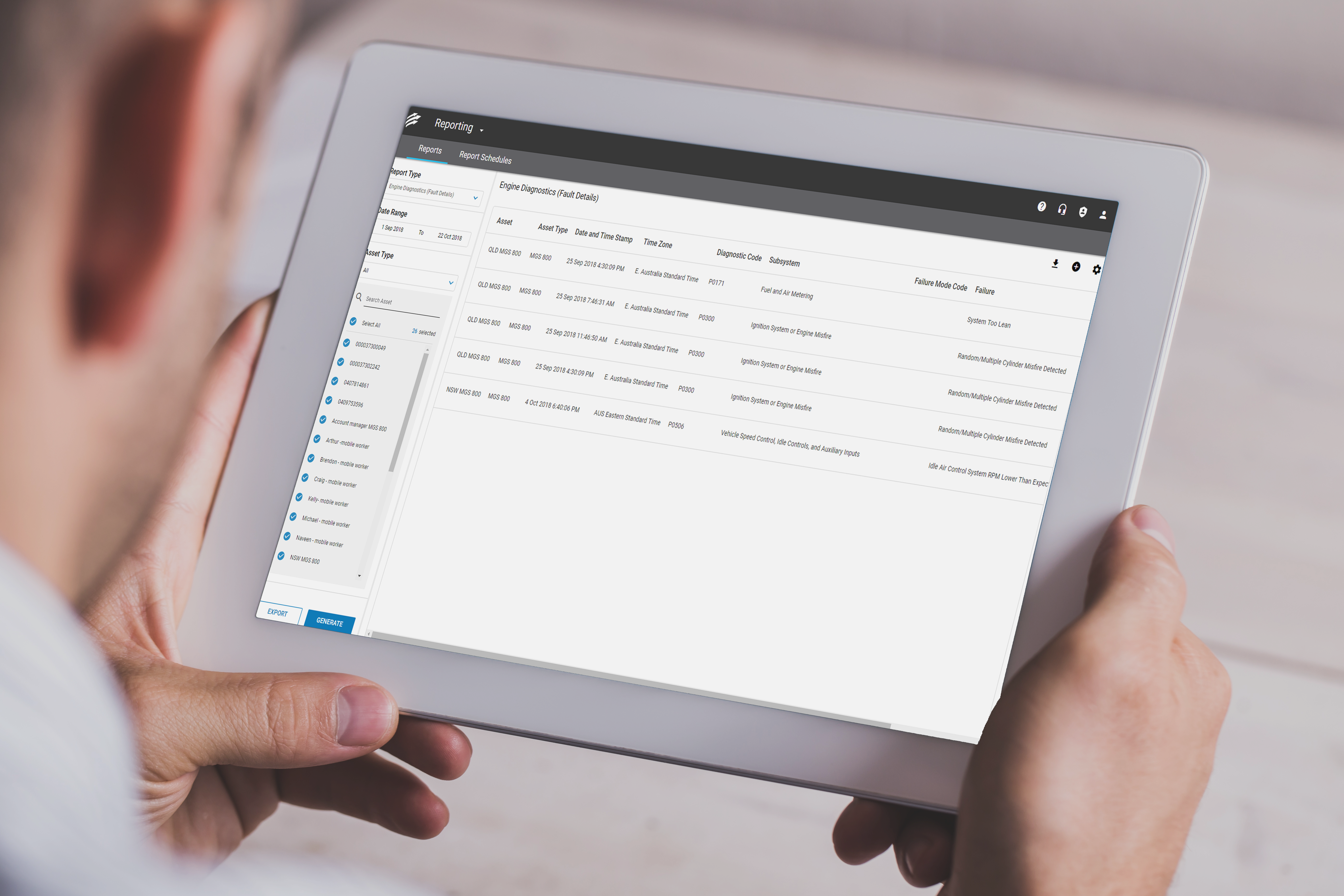GPS Tracking technology has been around for decades and over the past few years has been becoming increasingly affordable for both large and small businesses with fleets.
In highly competitive industries that utilise fleets as the primary revenue-generating business model, the company’s vehicles and equipment are the largest investment aside from the drivers. As a result, companies of all sizes strive to utilise their assets to the fullest potential.

Since the late 2000s, more and more companies with fleets began to recognise fleet telematics as the key differentiating factor that set them apart from their competition. Use of telematics has allowed them to improve on customer service, increase fleet productivity and decrease operating costs while creating opportunity to expand and grow their business.
Today, the market is booming with fleet telematics providers. Almost every telecommunications carrier is partnering up with one or more GPS tracking provider to offer their services to business customers. In Australia alone, there are over 50 providers of commercial telematics solutions.
The Aberdeen Research Group reported that businesses implementing GPS fleet management solutions have reported a 46% increase in their on-time arrivals, and a 13.2% decrease in fuel costs. The benefits of a comprehensive fleet management solution are many, but choosing a partner is becoming more difficult than it was just a few years ago.
Not all fleet management solutions are built the same. It is important to evaluate what you are trying to achieve by tracking your fleet and focus on finding a provider that will be able to offer you what you need.
Does the telematics provider offer only one type of tracking?
Many GPS tracking businesses offer only vehicle tracking. Too often, business owners are so single-mindedly focused on improving their vehicle management that they unknowingly overlook the possibility of improving other aspects of their business, such as driver or non-powered asset management, automating vehicle maintenance or dispatching.
Questions to ask about your business:
- Do your fleet managers need to regularly contact your drivers for order status updates?
- How do you manage your vehicle maintenance right now?
- Do you have high-value assets like power generators or diesel-powered lawnmowers that are often taken on jobs and have been known to get misplaced or stolen?
Though there are various solutions on the market that specialise in asset or resource management, this set up would require you to split your operations management into silos.

Complete fleet management systems save your fleet managers a lot of operating and user training time and provide you with the ability to:
- Monitor fleet & asset activity
- Track their location
- Manage driver work schedules
- Automate maintenance alerts
- Run regular reports on fleet performance from one single platform
In their recent study “Evolving Beyond Simple Telematics”, Frost & Sullivan – a global research and consulting organisation – uncovered the emergence of the new generation of mobile resource management solutions, also known as Telematics 2.0. They also discovered that 46% of business owners surveyed already have, or plan to deploy fleet telematic systems, while 57% have implemented a plan to introduce mobile asset tracking.
What are some of the important key values when choosing a GPS tracking partner?
You have done your research and selected a few providers that offer you the features that your business needs.
This is only part of the package.
It is important to evaluate the level of on-going support the partner will be able to provide for the length of the contract and beyond. Signing up for telematic systems is a commitment of at least 2 years. To err on the side of caution, always inquire about Month-to-Month options or Early Termination Fees.
If the company is confident in their ability to provide you with great service, they should be clear and concise about their offerings and terms. Training options, support availability and a range of other services like a fluid implementation process or the ability to provide customisations can heavily impact your satisfaction with the chosen partner.
Go on a 30-min demo with each telematics solution provider and inquire about their post-sales support. What are their training options? How easy is it to reach technical support? Does the telematics provider offer regional onsite support?
Watch out for fad features.
Some telematics providers lure customers with flashy integrations or heavily-packed solutions that trap the customer into believing that all of these features are necessary for their business. Outline your identified operational objectives to your sales representative and do not hesitate to ask them how each of the offered features and integrations can help improve your business.
Key operational features to consider are:
- Vehicle location tracking
- Monitoring of vehicle status such as true ignition status*, odometer reading collected from the vehicle’s ECM and movement detection
- Variety of exportable reports and ability to schedule regular reports
- Ability to store and track visitation of frequent locations such as regular customer locations, vendors, autoshops, etc
- Ability to set up fleet rules for tracking and logging instances of ignition on/off, speeding or idling for over x amount of time, etc
* True ignition status is determined when the telematics device is either hardwired to the power console of your vehicle or through integration with vehicle’s ECM. Look for in-vehicle devices with hardwire options or ECM integration through OBD-II, 6 or 9Pin cables.
Beware of hidden fees.
When choosing a telematics partner, it is important to identify the goals that you are aiming to achieve with your telematics device and focus on finding a product that will help you achieve those specific goals.
Paying for unnecessary integrations or fancy features for which you have no immediate plan to implement within your business can quickly decrease the return on investment and your satisfaction with the solution. Therefore, beware of telematics providers that offer limited training and support options.
With the proper level of training, a fleet management solution can become a very powerful tool in helping you significantly improve your operations and lower your expenses. This may mean multiple training sessions for your team and training of new staff, which can add up to a hefty bill if this service is not included in the telematics solution of your choice.






























